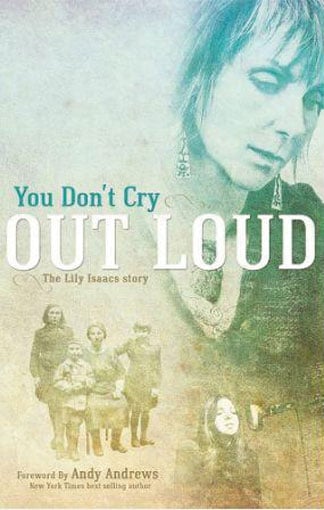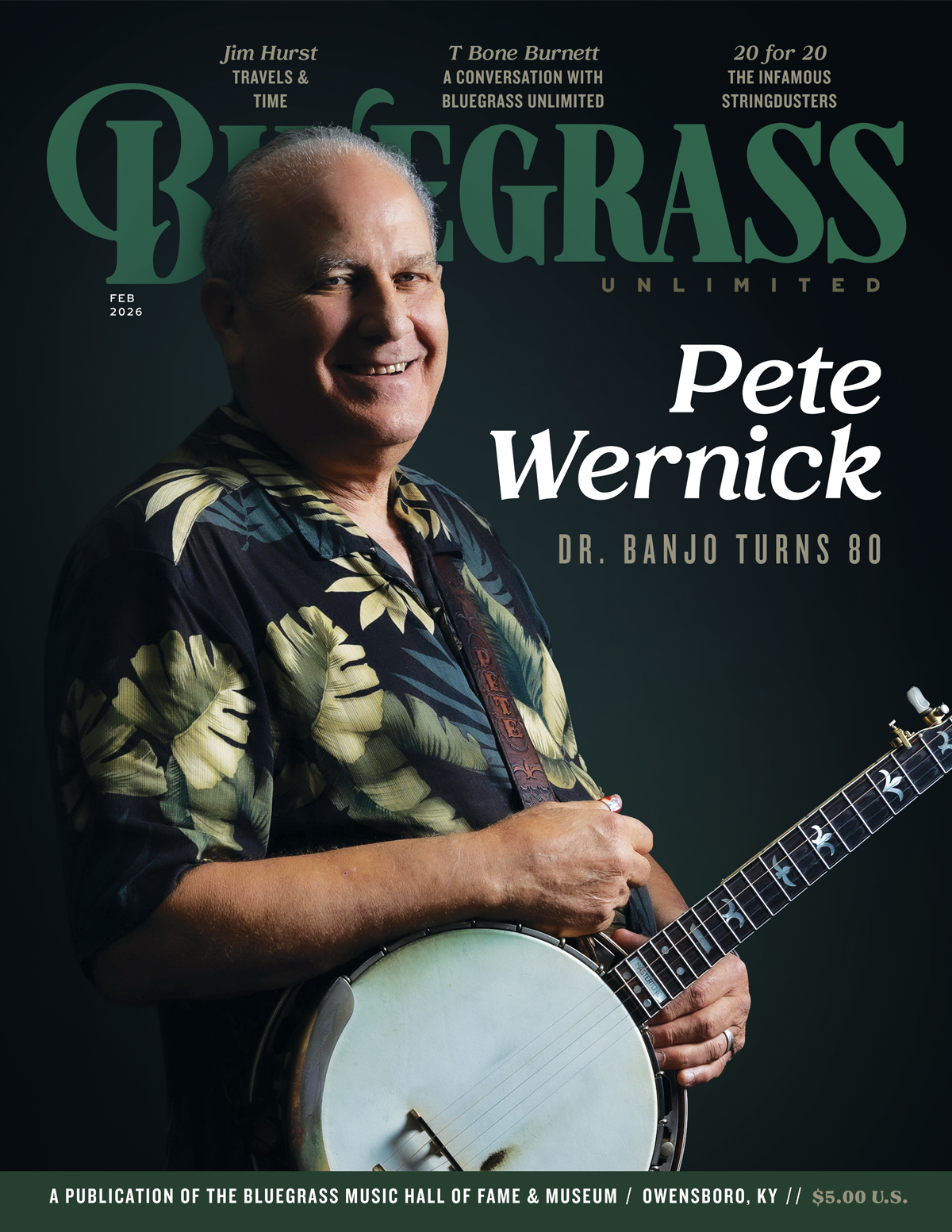YOU DON’T CRY OUT LOUD: THE LILY ISAACS STORY
 YOU DON’T CRY OUT LOUD: THE LILY ISAACS STORY
YOU DON’T CRY OUT LOUD: THE LILY ISAACS STORY
BY LILY ISAACS
New Leaf Press 9780892217243. Paperback, 199 pp., $14.99. (New Leaf Publishing Group, 3142 Hwy. 103 N., Green Forest, AR 72638, www.nlpg.com.)
Psychotherapist Erving Polster wrote a book in 1987 titled Every Person’s Life Is Worth A Novel, in which he talks about the healing potential of examining the drama in our own lives. It would take a very creative novelist to imagine the true story of Lily Isaacs, matriarch of the bluegrass-tinged gospel group The Isaacs.
Born in 1947 in a displaced persons camp near Munich, Germany, Lily was the daughter of two Jewish Poles who barely survived the Holocaust. Initially planning to emigrate to Israel, her parents decided instead on New York City where a relative offered her father a job as a baker. Growing up in near poverty in the Bronx, Lily suffered both physical pain and embarrassment from spinal scoliosis.
Sensitive and artistically talented, the young girl was drawn to dance, music, and acting. She won roles Off-Broadway and formed a singing/songwriting duo, Lily and Maria. Columbia Records envisioned a female Simon & Garfunkel and advanced $10,000 for their 1968 self-titled album release. Drenching the duo’s harmonies in inappropriate instrumentation and releasing into a market dominated by the Beatles’ White Album, Columbia soon dropped the act.
About that time, at a folk club in Greenwich Village, Lily encountered the 17th child of a Kentucky mountain farmer and preacher, a bluegrass banjo player and singer named Joe Isaacs. The unlikely couple developed an attraction that overcame incredible obstacles. Their marriage produced Ben, Becky, and Sonya and persevered through 1998. Lily left New York City for a life among struggling Appalachian migrants in small-town southwestern Ohio. Six months later, in 1970, Joe’s brother Delmer was killed in an automobile accident. During Pentecostal funeral services in a former garage, the agnostic Lily Fishman Isaacs experienced what William James in his classic The Varieties Of Religious Experience (1902) would classify as a sudden, permanent conversion to Christianity.
Lily has spent the last four decades praising, singing, and writing about and trying to serve Jesus. The internal, family, and external conflicts produced by this ministry—and their eventual resolution—are the material for the balance of her autobiography. You Don’t Cry Out Loud is beautifully written. As a close observer of a number of the anecdotes it relates, I can testify to the book’s honesty. Very little of the story relates directly to bluegrass music, and yet it illustrates the unlikely paths that have brought so many of us together. If you are a fan of the Isaacs’ beautiful and heartwarming harmonies, Lily’s book will help you to understand their cultural and emotional roots.FB
